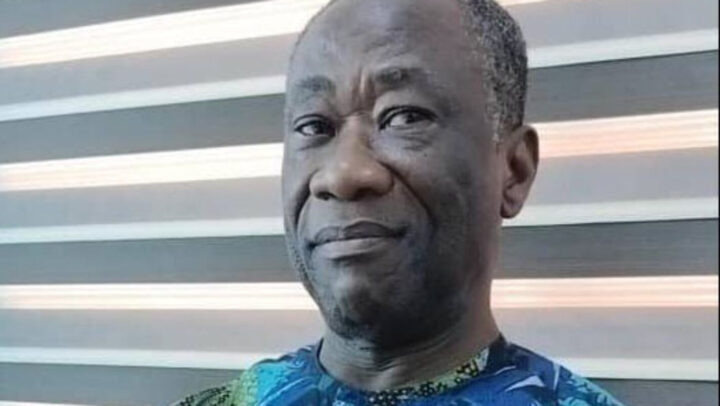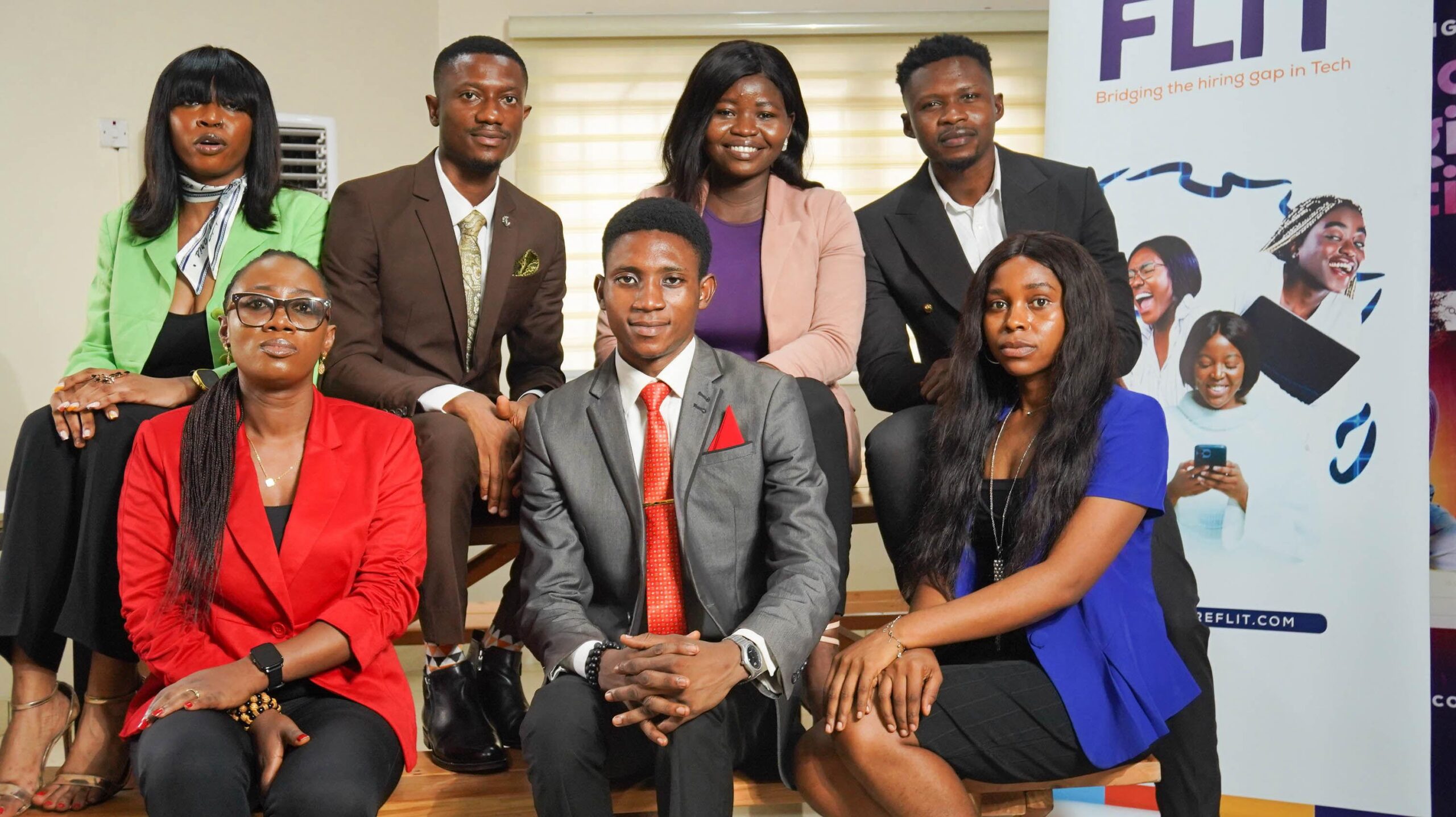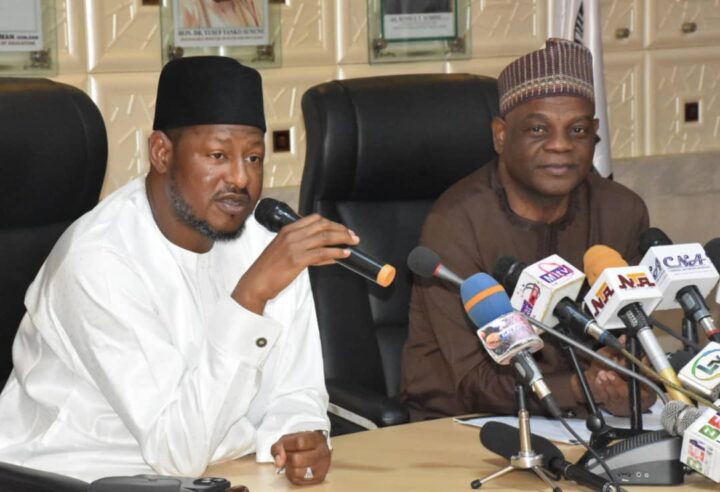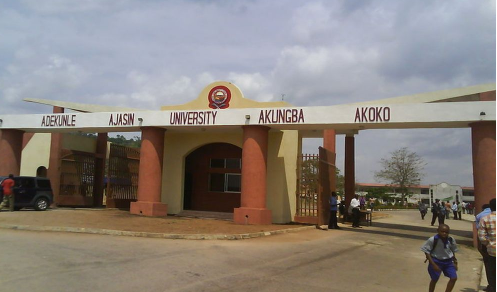Uba Sani, the governor of Kaduna, has ordered the stoppage of levy collection by the Kaduna State University (KASU).
Muhammad Lawal Shehu, the chief press secretary to the governor, announced this in a statement on Monday.
He said the governor stated that the collection of levies negates the state’s downward review of tertiary education fees in 2023.
In 2023, the Kaduna state government implemented a downward review of fees at KASU.
Advertisement
This, the government said, was aimed at cushioning the effects of the general rising cost of living in the country in the wake of the petroleum subsidy removal.
Shehu said the latest directive on levies is targeted at “ameliorating the suffering of the people”.
“Kaduna will continue to initiate policies, programmes, and projects to bring succour to the poor, underserved and the vulnerable,” he said.
Advertisement
“It shall continue to take all necessary measures to ensure access to free and qualitative education for every citizen in Kaduna State from primary to tertiary level.”
In 2021, Nasir el-Rufai, former governor of the state, increased school fees in tertiary institutions in Kaduna.
The former governor said the decision was to “enable them deliver quality skills and training required to tackle 21st-century challenges”.
In 2023, Sani said the extant fees made many students abandon the pursuit of tertiary education.
Advertisement
The governor later directed heads of tertiary institutions to obtain relevant information on the fee regime in state-owned tertiary institutions.
“The welfare of the people is our topmost priority. Our administration shall continue to take all measures necessary to ensure access to free and qualitative education for every child in Kaduna state from primary to secondary school,” he had said.
“We will expand access to higher education, enhance teachers’ welfare and teaching standards, improve school infrastructure, build ICT competence in our students from the basic education level and intensify investments in technical & vocational education.”
Advertisement
Add a comment






